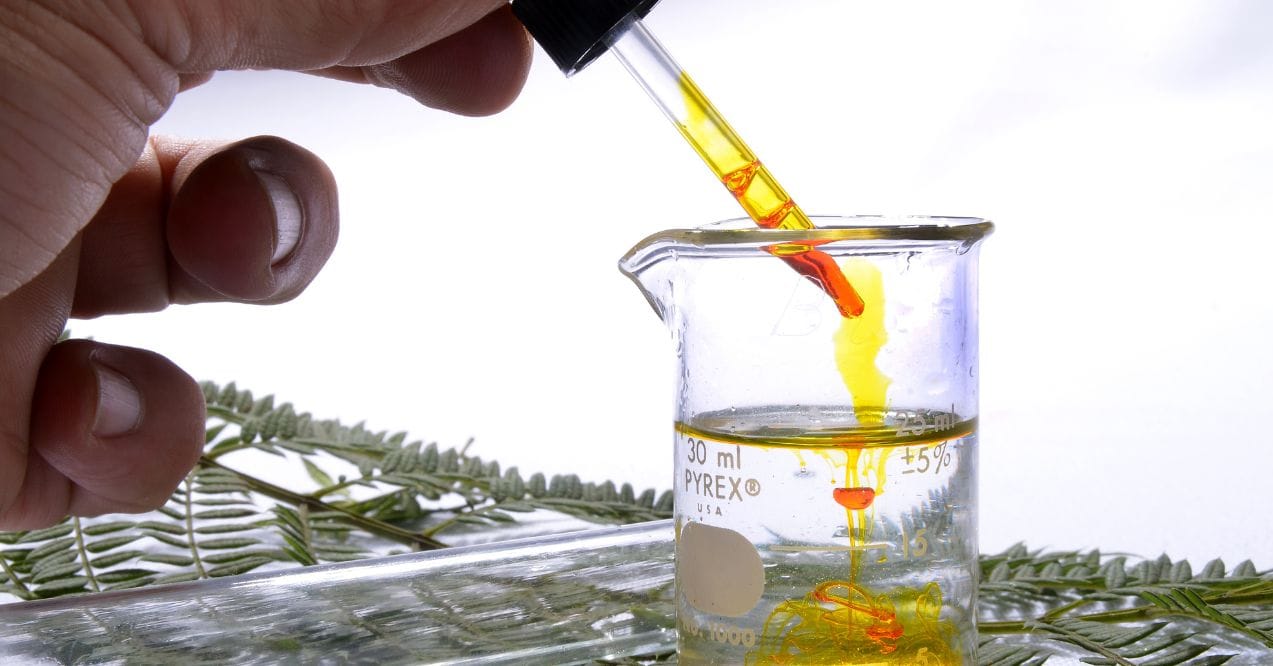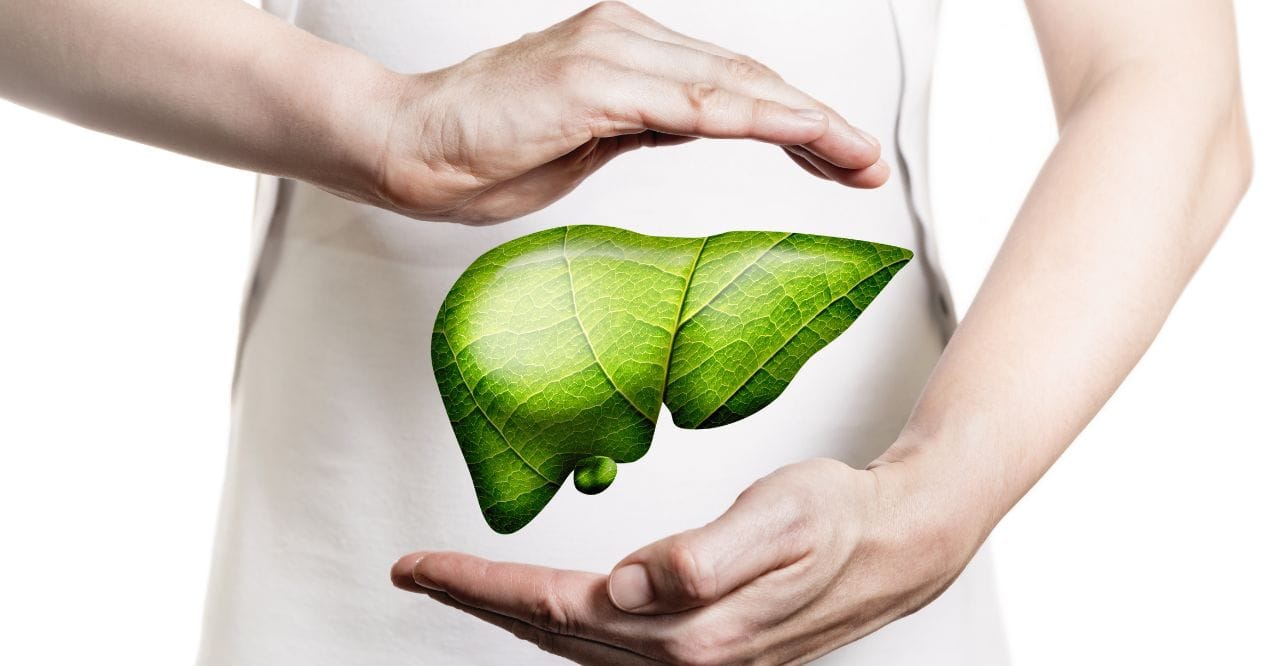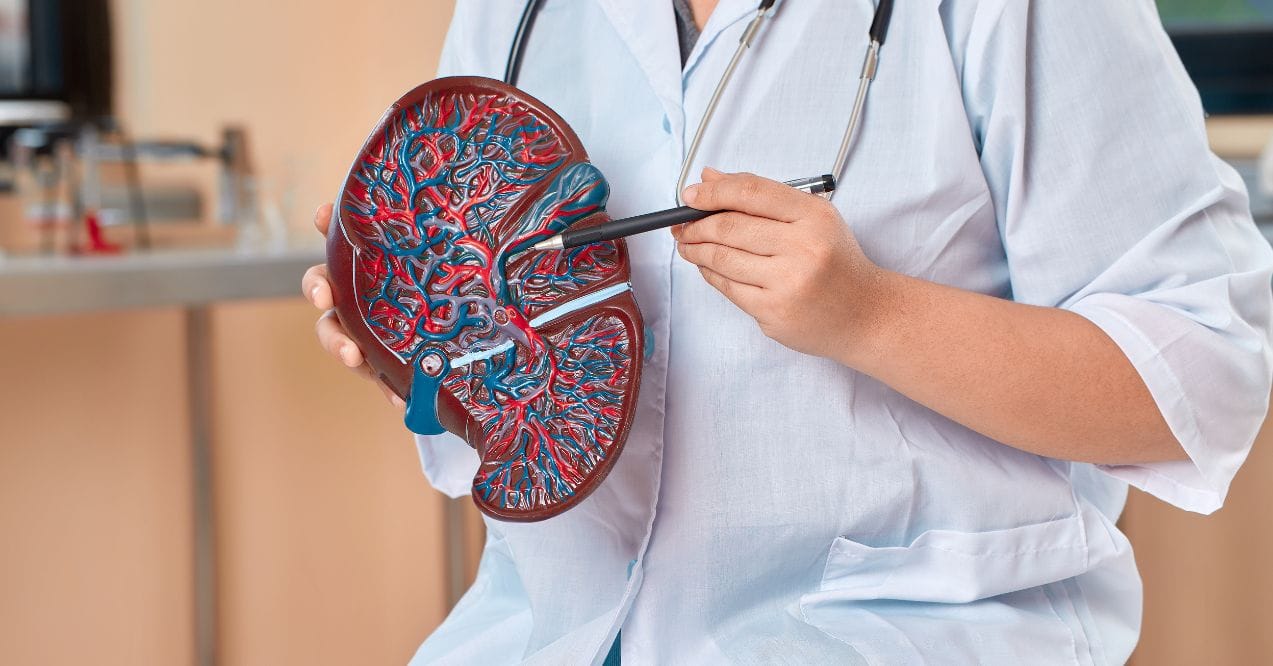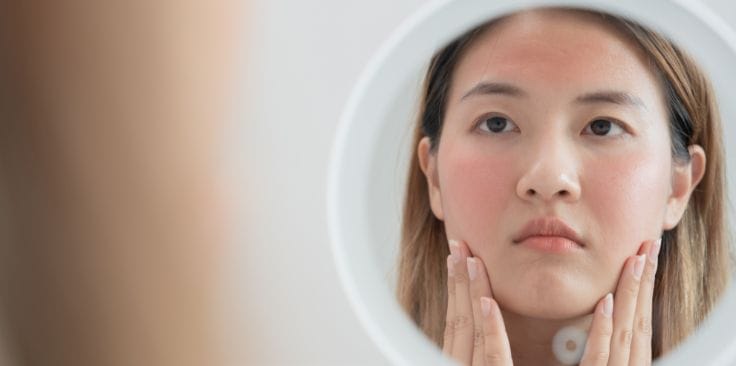Can Fatty Liver Lead to Hair Loss?
Medically reviewed by our experts


Can fatty liver lead to hair loss? This question connects two common health concerns that affect many adults. While the relationship between liver health and hair vitality isn’t always obvious, research suggests possible connections between these two aspects of wellbeing.
Key Article Findings
- Liver health plays a vital role in nutrient processing that supports hair growth
- Multiple factors influence both liver function and hair health
- Positive lifestyle changes support both liver and hair wellness
Understanding Fatty Liver
Fatty liver occurs when excess fat accumulates in liver cells, potentially affecting this organ’s ability to function properly. Two main types exist: alcoholic fatty liver disease and non-alcoholic fatty liver disease (NAFLD).
Several factors contribute to fatty liver development:
- Weight changes, particularly in the midsection
- Limited physical activity
- Dietary choices high in processed foods
Many people with fatty liver might not notice immediate signs. Can a fatty liver cause elevated liver enzymes? Yes, and while this might show up in routine blood tests, other noticeable signs include:
- Tiredness throughout the day
- Discomfort in the upper right abdomen
- Changes in appetite
- Occasional nausea
The liver performs hundreds of functions that support overall health. When fatty liver develops, it may affect how well the body processes nutrients, maintains hormone balance, and supports various aspects of health – including hair growth.
The Connection Between Fatty Liver and Hair Loss
Can fatty liver lead to hair loss? The connection lies in how liver health affects several body systems that support hair growth and maintenance.
The liver processes nutrients essential for healthy hair:
- Proteins that form hair structure
- Minerals that support follicle function
- Vitamins that promote scalp health
When fatty liver affects nutrient processing, it may impact:
Nutrient Absorption
The liver helps process and distribute various nutrients throughout the body. This includes essential minerals like zinc and iron, plus vitamins A, D, and E – all vital for hair growth cycles. With fatty liver, this process might become less efficient. When nutrient absorption changes, hair follicles may not receive optimal levels of these elements, potentially affecting hair thickness and growth patterns.
Protein Processing
Hair consists primarily of protein structures called keratin. The liver processes dietary proteins into amino acids, which then form these essential hair building blocks. This organ also helps create specific proteins that transport nutrients to hair follicles. Changes in liver function might affect this protein processing and transport system. This could impact how effectively your body uses dietary proteins for hair growth and maintenance.
Hormone Balance
The liver plays a role in processing various hormones that influence hair growth cycles. It helps regulate androgens and other hormone levels that affect hair follicle function. Changes in liver function may affect this delicate balance. This can influence how long hair stays in its growth phase versus its resting phase, potentially affecting overall hair thickness and growth patterns. The liver also processes thyroid hormones, which play a role in maintaining healthy hair cycles.
Managing Fatty Liver and Hair Health
Supporting liver health through lifestyle modifications often benefits overall wellbeing, including hair vitality. Here are practical approaches to consider:
Dietary Choices
Start each day by incorporating nutrient-rich leafy greens into your meals (spinach, Swiss chard, arugula). Replace refined grains with whole grain alternatives (brown rice, quinoa, whole wheat bread). Add vibrant vegetables to your plate for varied nutrition (carrots, bell peppers, sweet potatoes). Focus on quality proteins that support both liver and hair health (lean poultry, fish, legumes).
Physical Activity
Begin with gentle movement through regular walking sessions (15-20 minutes after meals). Incorporate stretching exercises that maintain flexibility while respecting joint comfort (shoulder rolls, ankle rotations, gentle back stretches). Water-based activities provide excellent low-impact options (pool walking, water aerobics, gentle swimming). Throughout your day, look for opportunities to stay active (gardening, light housework, standing while talking on the phone).
Daily Habits
Make water your primary beverage throughout the day (8-10 glasses, herbal teas). Minimize items from packages and boxes (cookies, chips, frozen meals). Watch out for hidden sodium in your food choices (canned soups, deli meats, packaged snacks). Include sources of beneficial fats in your daily routine (avocados, olive oil, small portions of nuts).
Beneficial Foods
Your grocery list should prioritize foods known to support liver health. Dark green vegetables provide essential nutrients (kale, broccoli, Brussels sprouts). Fresh citrus fruits offer natural compounds (oranges, lemons, grapefruit). Include a variety of nuts and seeds for healthy fats (walnuts, flaxseeds, pumpkin seeds). Cold-water fish supplies beneficial oils (salmon, sardines, mackerel). Cooking with specific ingredients can add extra benefits – try incorporating olive oil as your primary fat source, adding fresh garlic to dishes, and including turmeric in your cooking (golden milk, seasoned rice, soups).
Conclusion
While the connection between fatty liver and hair health involves complex body systems, focusing on liver wellness through positive lifestyle choices often supports overall health, including hair vitality. Making gradual, sustainable changes to daily habits provides the best foundation for long-term wellbeing.
Consider speaking with a qualified healthcare professional about specific concerns regarding liver health or hair changes. They can provide personalized guidance based on individual health factors and needs.
Fatty liver may affect how your body processes nutrients and hormones that support hair growth. These changes in liver function could influence hair thickness and growth patterns.
Limit foods high in added sugars, refined carbohydrates, and saturated fats. This includes soft drinks, pastries, fried foods, and processed meats. Choose whole, unprocessed foods instead.
Supporting liver health through diet and lifestyle changes may benefit hair vitality. However, hair changes can stem from various factors, so a comprehensive approach works best.
Tehranchinia, Z., Et Al.(2023). The frequency of fatty liver in patients with alopecia areata: A case–control study. Journal of Cosmetic Dermatology, 22(9), 2579–2583.
Nonalcoholic fatty liver disease – Symptoms and causes. (n.d.). Mayo Clinic.
Patel, R., & Mueller, M. (2023). Alcohol-Associated liver Disease. StatPearls – NCBI Bookshelf.
Nonalcoholic Fatty liver Disease (NAFLD) & NASH – NIDDK. (n.d.). National Institute of Diabetes and Digestive and Kidney Diseases.
Fallah, S., Et Al. (n.d.). Comparison of Fatty Liver Disease in Men with and without Androgenetic Alopecia.
Mega, A., Et Al. (2021). Food and nutrition in the pathogenesis of liver damage. Nutrients, 13(4), 1326.
Vos, M. B. (2013). Nutrition, nonalcoholic fatty liver disease and the microbiome. Current Opinion in Lipidology, 25(1), 61–66.
Shao, M., Et Al. (2020). Abnormal metabolic processes involved in the pathogenesis of non‑alcoholic fatty liver disease (Review). Experimental and Therapeutic Medicine, 20(5), 1.
Quiroz-Aldave, J. E., Et Al.(2024). From liver to hormones: The endocrine consequences of cirrhosis. World Journal of Gastroenterology, 30(9), 1073–1095.
Rhyu, J., & Yu, R. (2021). Newly discovered endocrine functions of the liver. World Journal of Hepatology, 13(11), 1611–1628.
Hussein, R. S., Et Al. (2023). Impact of thyroid dysfunction on hair disorders. Cureus.
Lv, H., & Liu, Y. (2024). Management of non-alcoholic fatty liver disease: Lifestyle changes. World Journal of Gastroenterology, 30(22), 2829–2833.
Best and worst foods for your liver. (n.d.). WebMD.
Van Der Windt, Et Al. (2017). The effects of physical exercise on fatty liver disease. Gene Expression, 18(2), 89–101.
Popular Articles
Advertisement. This site offers health, wellness, fitness and nutritional information and is designed for educational purposes only. You should not rely on this information as a substitute for, nor does it replace, professional medical advice, diagnosis, or treatment. If you have any concerns or questions about your health, you should always consult with a physician or other health-care professional. Do not disregard, avoid or delay obtaining medical or health related advice from your health-care professional because of something you may have read on this site. The use of any information provided on this site is solely at your own risk.













